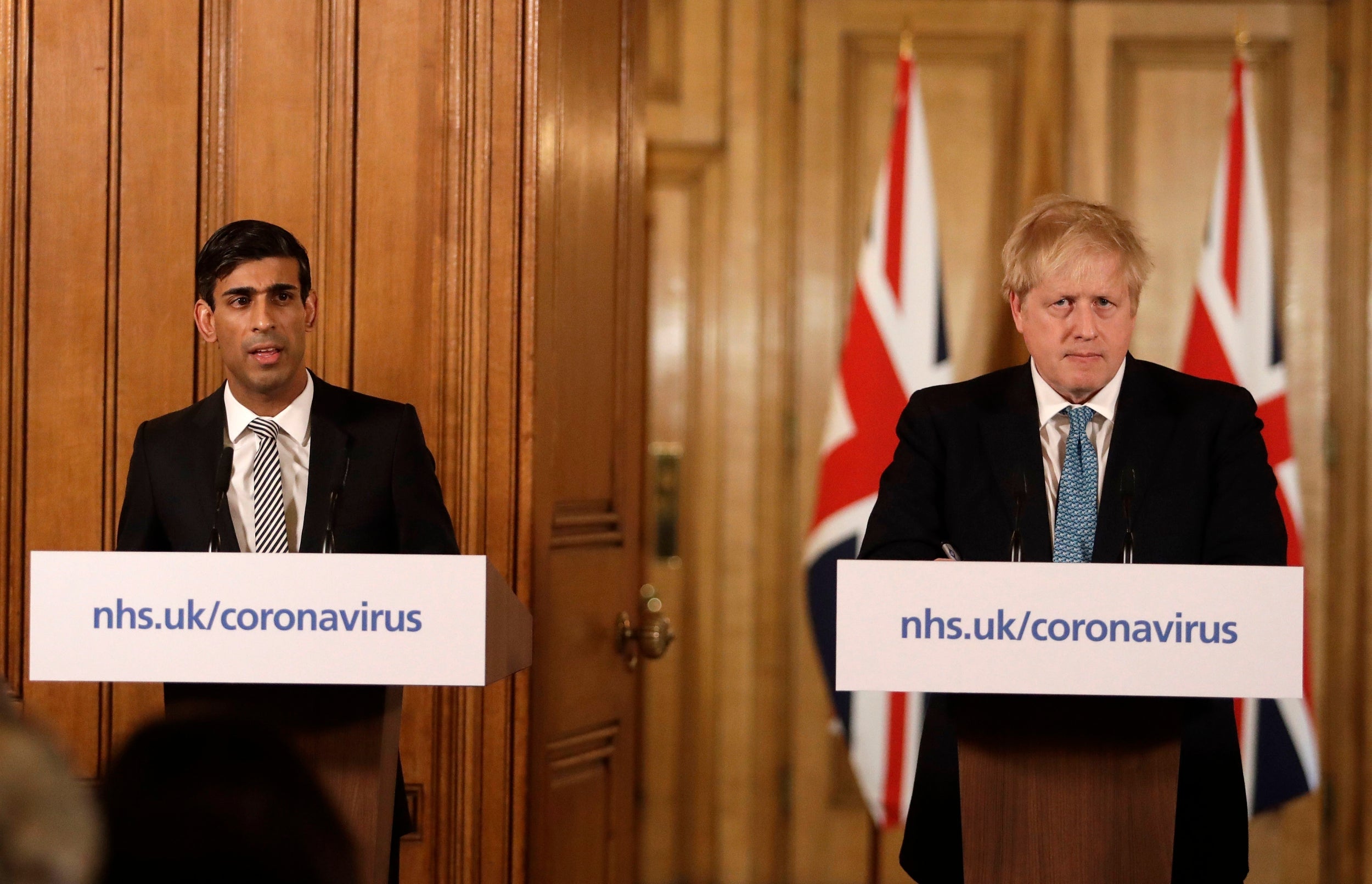Coronavirus: Is Boris Johnson really playing catch-up?
Ministers insist they are not behind the curve. Andrew Grice takes a look at the evidence


Only five days after accusing other countries of adopting draconian measures to be seen to be acting on coronavirus, Boris Johnson admitted he was bringing in many of the same “draconian“ measures.
Mr Johnson had hoped it would be some weeks before the virtual lockdown would be needed. But over the weekend, chilling new projections from scientific advisers showed the disease is spreading faster than expected. More than 250,000 people would die without a step change and new restrictions.
That led directly to the dramatic measures for the whole population to adopt “social distancing”, whether by working from home, avoiding unnecessary journeys, pubs, restaurants and theatres, with over-70s advised to avoid as much contact as possible with others.
The announcement gave the impression that the government was running to catch up with European countries such as Italy, Spain and France. Ministers deny making a U-turn, insisting the ideas now implemented were included in the government’s action plan published on 3 March. It said: “Action that would be considered could include population distancing strategies (such as school closures, encouraging greater home working, reducing the number of large scale gatherings).”
Ministers insist they were not behind the curve or panicked into tougher restrictions, but that the moves are “about doing the right thing at the right time”. They say they acted as soon as the new evidence came to light: based on Italy’s experience, the NHS could be overwhelmed.
The Covid-19 response team at Imperial College London, one of several advising the government, concluded that “epidemic suppression is the only viable strategy at the current time”. Professor Neil Ferguson, from the college, told BBC Radio 4’s Today programme the science was continually shifting as more data became available, but the previous worst scenario had become “the most likely scenario”.
Ministers admit that further restrictions will probably be needed. Scientists are modelling the impact of closing schools, as many other countries have done. Mr Johnson told his daily press conference on Tuesday that schools were kept “under continuous review”, adding: “We may need to go further and faster in the coming days.”
Sir Patrick Vallance, the government’s chief scientific adviser, told MPs on Tuesday: “We’re still trying to learn as we go along.”
MPs on the Health and Social Care Committee were keen to ask him when some of the curbs might be lifted. He said that would depend on the success of the existing measures in keeping the NHS within its capacity.
Scientific advisers believe measures might need to remain in place until a vaccine is available, which could be 12 to 18 months away. A very long haul indeed.
Join our commenting forum
Join thought-provoking conversations, follow other Independent readers and see their replies
Comments